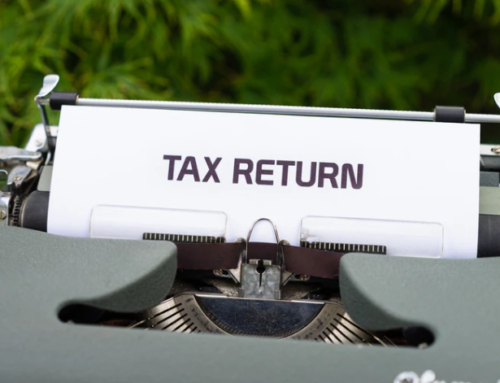Before heading to the deductions for a salaried employee, let’s get a clear view of the term salary first. According to the Section 17(1) salary includes the following amounts by an employee from his employer
- Basic Salary
- House Rent Allowance
- PF Contribution
- Perquisites in addition to salary
- Incentives
- Bonus, statutory or gratuitous
- Profit in lieu of leave received during service

- Standard Deduction: The Finance Minister Jaitley introduced Standard Deduction of Rs. 40,000 in Budget 2018, giving the salaried class something to rejoice about. It replaced the transport allowance Rs. 19200 and medical reimbursement of Rs. 15,000 per annum Interestingly, the provision of Standard Deduction was earlier available. However, it was abolished in the Finance Act 2005. In Budget 2019 an additional amount of Rs. 10,000 was provided With the Standard Deduction being Rs 50,000 now, it will help taxpayers immensely to reduce their tax outgo.
- Leave Travel Allowance (LTA): Through LTA allowance, employees are given exemption on the amount spent for travelling. There are certain conditions to be fulfilled to claim this, it only covers domestic travel, one trip per year is considered and in a block of four years only 2 years (i.e. two travel) can be considered for exemption. In case the employee doesn’t use this exemption within a block, they can carry the same only in the first year of the next block.
- Medical Insurance Deduction (Section 80D): Deduction regarding health insurance is allowed to salaried employees if premium is paid by the employee and is paid by any mode other than cash. The deduction can classified as below

4. NPS – section 80CCD (1B): A new amendment to the Section 80 CCD was introduced in the Union budget 2015 as sub-section 1B. NPS is a notified pension scheme from the Central Government. An additional deduction of up to Rs 50,000 is provided for the amount deposited by a taxpayer to their NPS account. This is available to both salaried as well as self-employed individuals. Majority of the employees aren’t aware about it or don’t invest in it.
5. Mobile Reimbursements: An assessee may have to incur expenses on mobile and telephone used for official purpose. An employee can claim tax free reimbursement of expenses incurred. The lower of the bill amount or the amount provided in the salary package is the reimbursement allowed.
6. Deduction For Donations (Section 80G): Section 80G of the income Tax Act, 1961 grants deduction in respect of amounts given as a charitable donation and is allowed to all assessees. This deduction varies based on the organisation, one can utilize a deduction of 50% or 100%. Employees making small donations tend to forget claiming these deductions.
7. Gift Vouchers: An employee is liable to be assessed for gifts received from the employer only if the value of such gift is Rs 5,000 or more. Gifts below Rs 5,000 in aggregate during the financial year are exempt from tax.
8. Exemption On Relocation Allowance: Income tax exemption on relocation falls under Section 10 (4), 1961, and under Income-tax rules, Rule 2BB. It reads that any allowance that is granted to meet the cost of travel- packaging and transportation of personal effect, daily charges sustained on the duration of the journey due to the transfer can be claimed as tax exemptions.
The specified expenses incurred due to the transfer can be claimed as tax exemption. Actual specified expenses mean the amount paid by the employer that covers the exact relocation allowance. On the other hand, the amount paid more than the actual specified expenses incurred by the employer will be taxable as salary income.
9. Deduction u/s 80EE: Section 80EE allows income tax benefits on the interest portion of the residential house property loan availed from any financial institution. You can claim a deduction of up to Rs. 50,000 per financial year as per this section if following conditions are fulfilled.
- Value of the house should be Rs 50 lakhs or less
- Loan taken for the house must be Rs 35 lakhs or less
- The loan must be sanctioned by a Financial Institution or a Housing Finance Company
- The loan must be sanctioned between 01.04.2016 to 31.03.2017.
- As on the date of the sanction of loan, no other house property must be owned by you.
10. Deduction u/s 80TTA: Section 80TTA offers a deduction of upto Rs 10,000 on the income earned from savings account interest. If the amount of interest is less than 10,000 , the whole amount will be exempted from tax and allowed as deduction.
11. SECTION 80C: 80C is the most widely used option when it comes to saving money from income tax. Here the salaried employee who invests money in tax saving schemes can claim a deduction up to Rs 1.50,000. This is the most common deduction availed by salaried employees, hence we are not covering in detail. The investments includes
- Provident Fund
- Public Provident Fund
- Insurance Premium
- Equity Linked Savings Scheme (ELSS)
- Tuition Fee For Two Children
- National Saving Certificate (NSC)
- Tax Saving Fixed Deposits
- Principal Payment On Loans






Leave A Comment